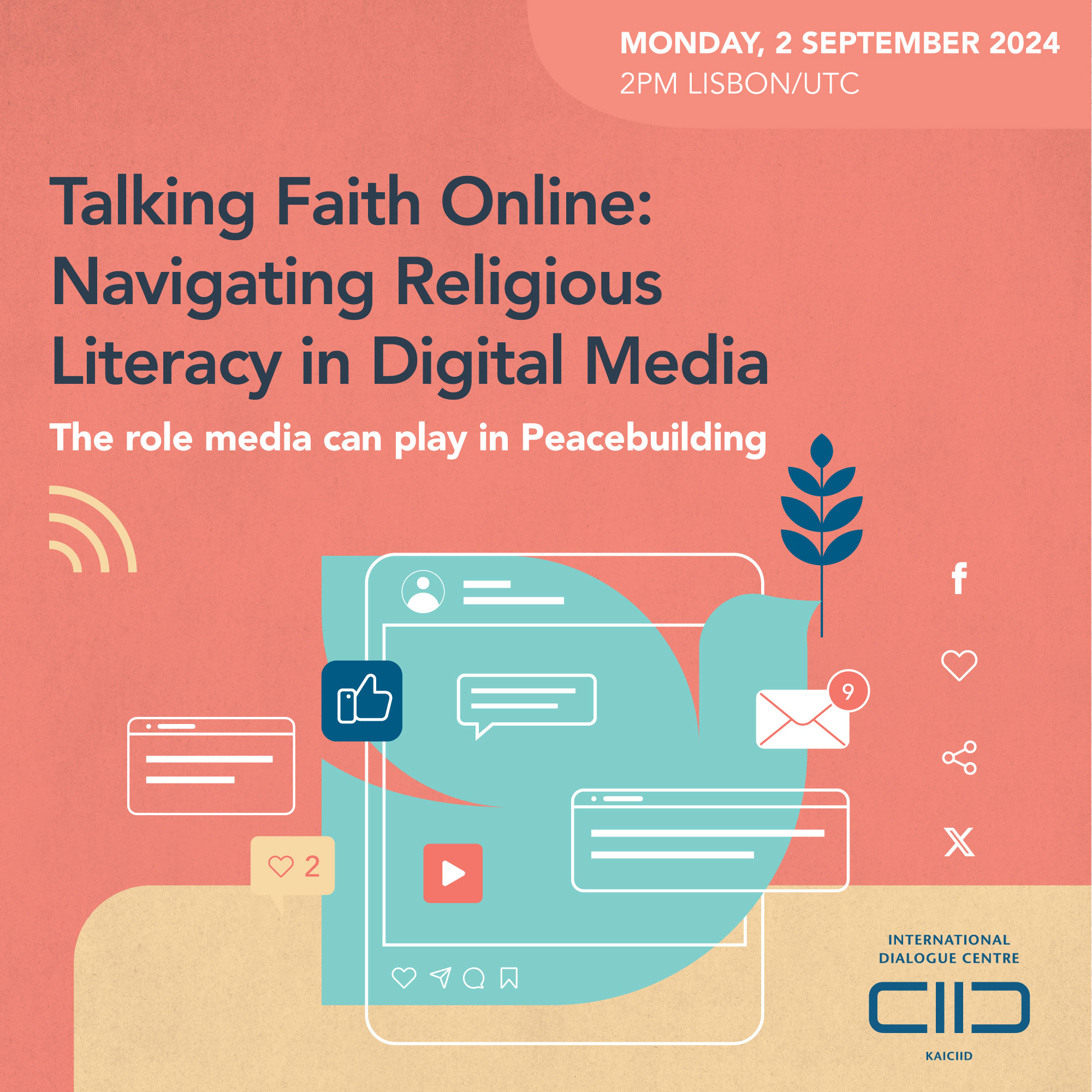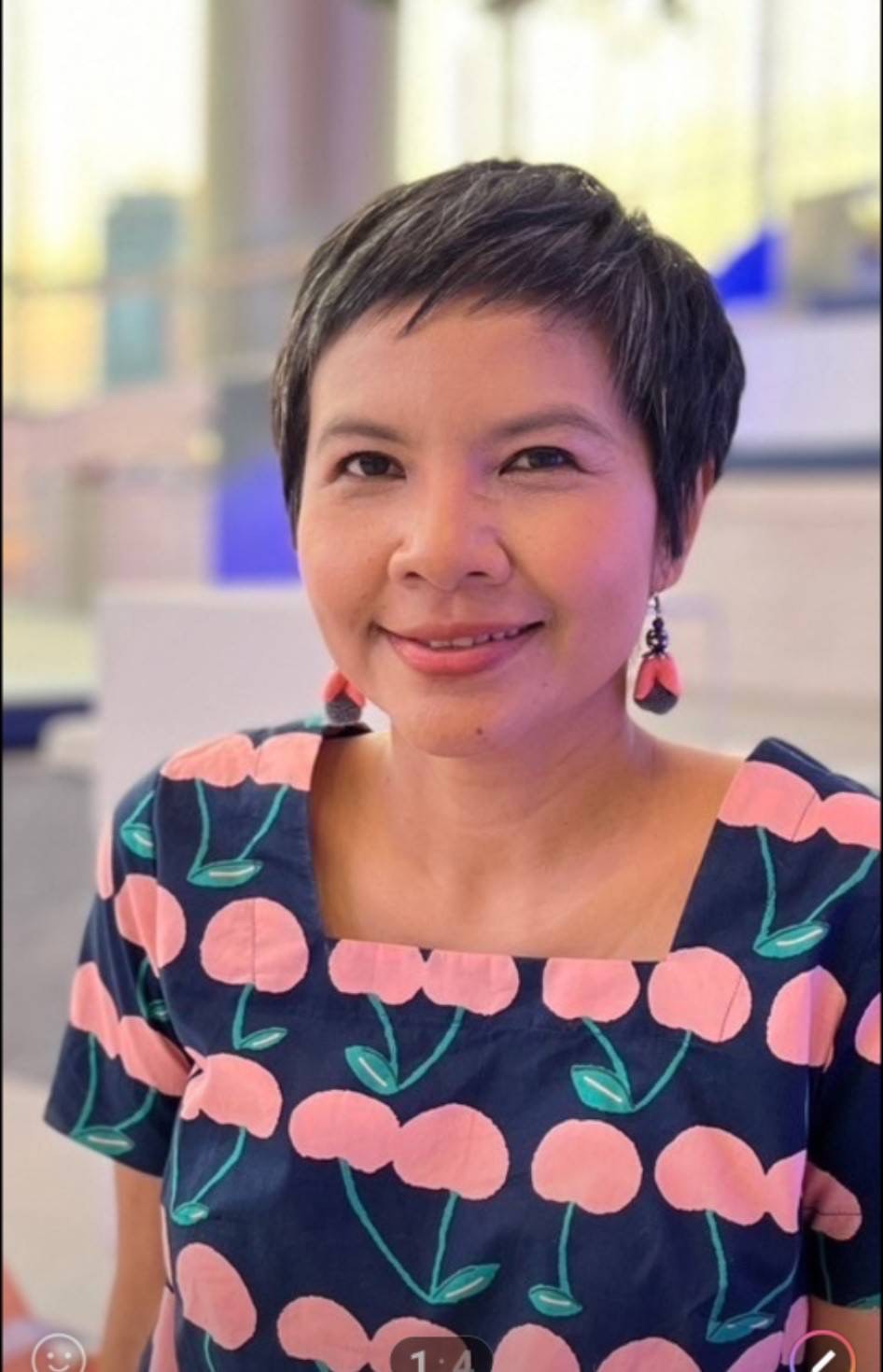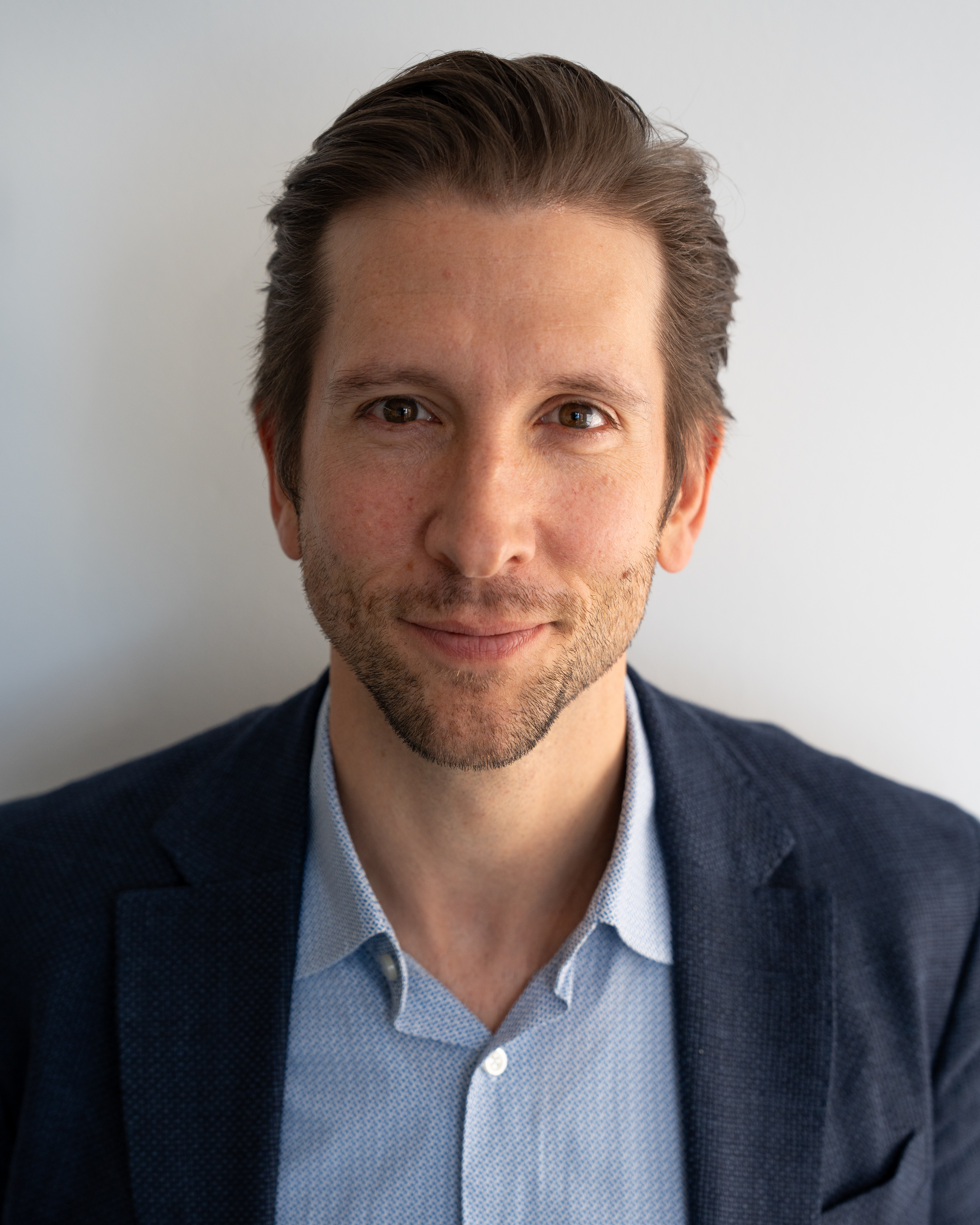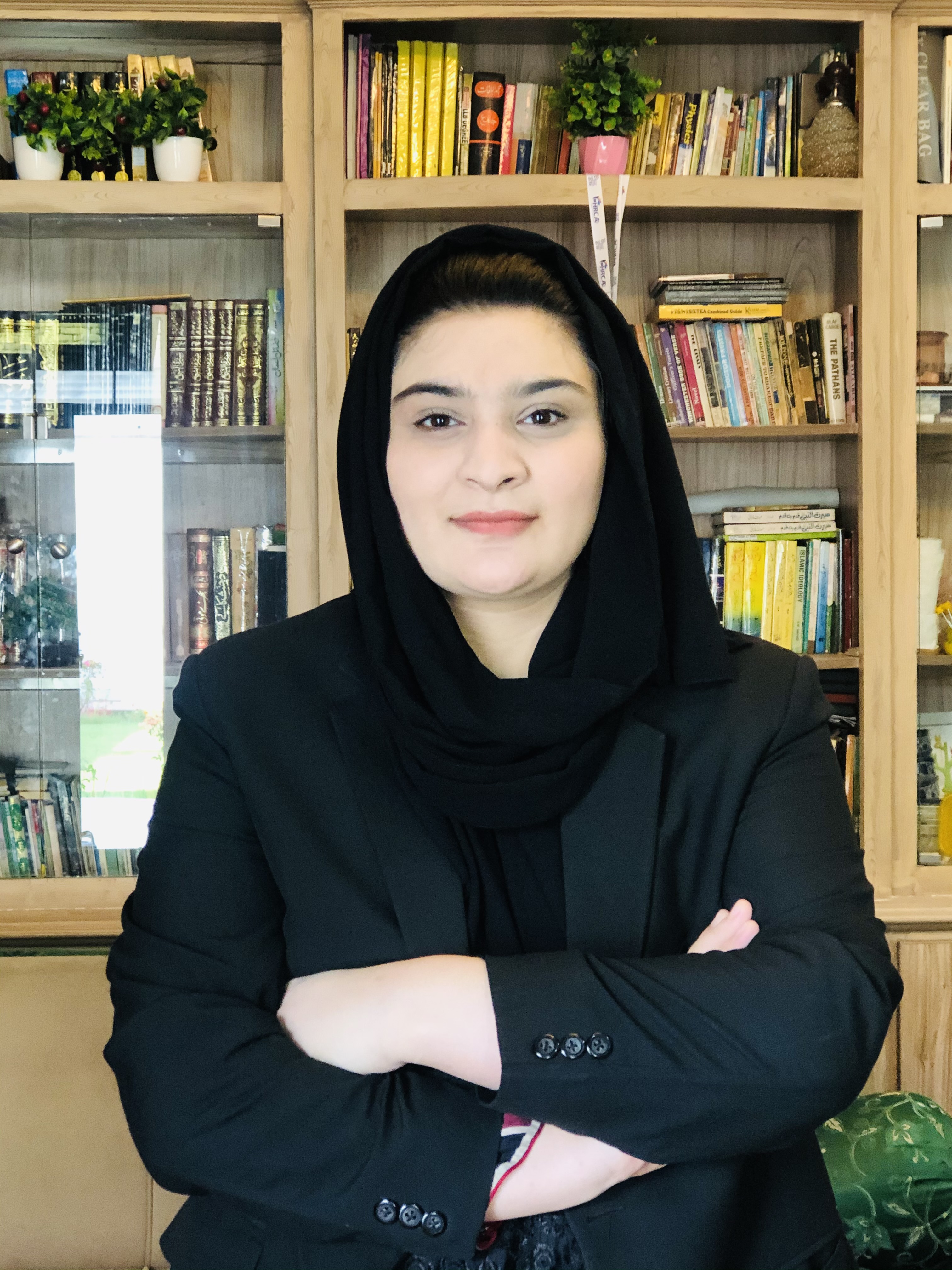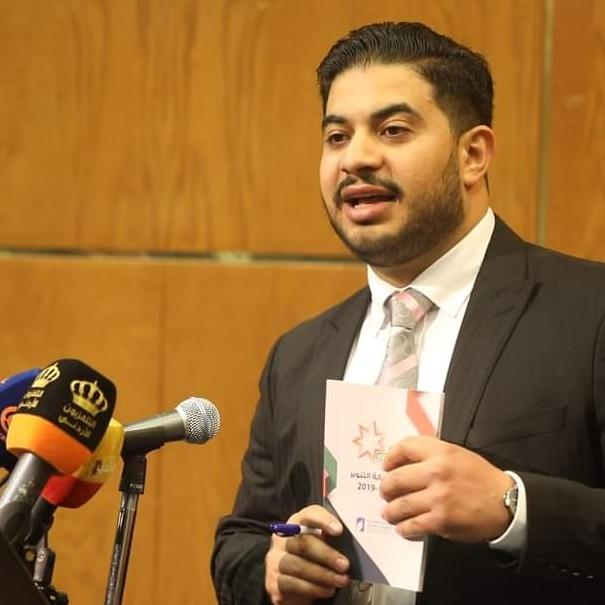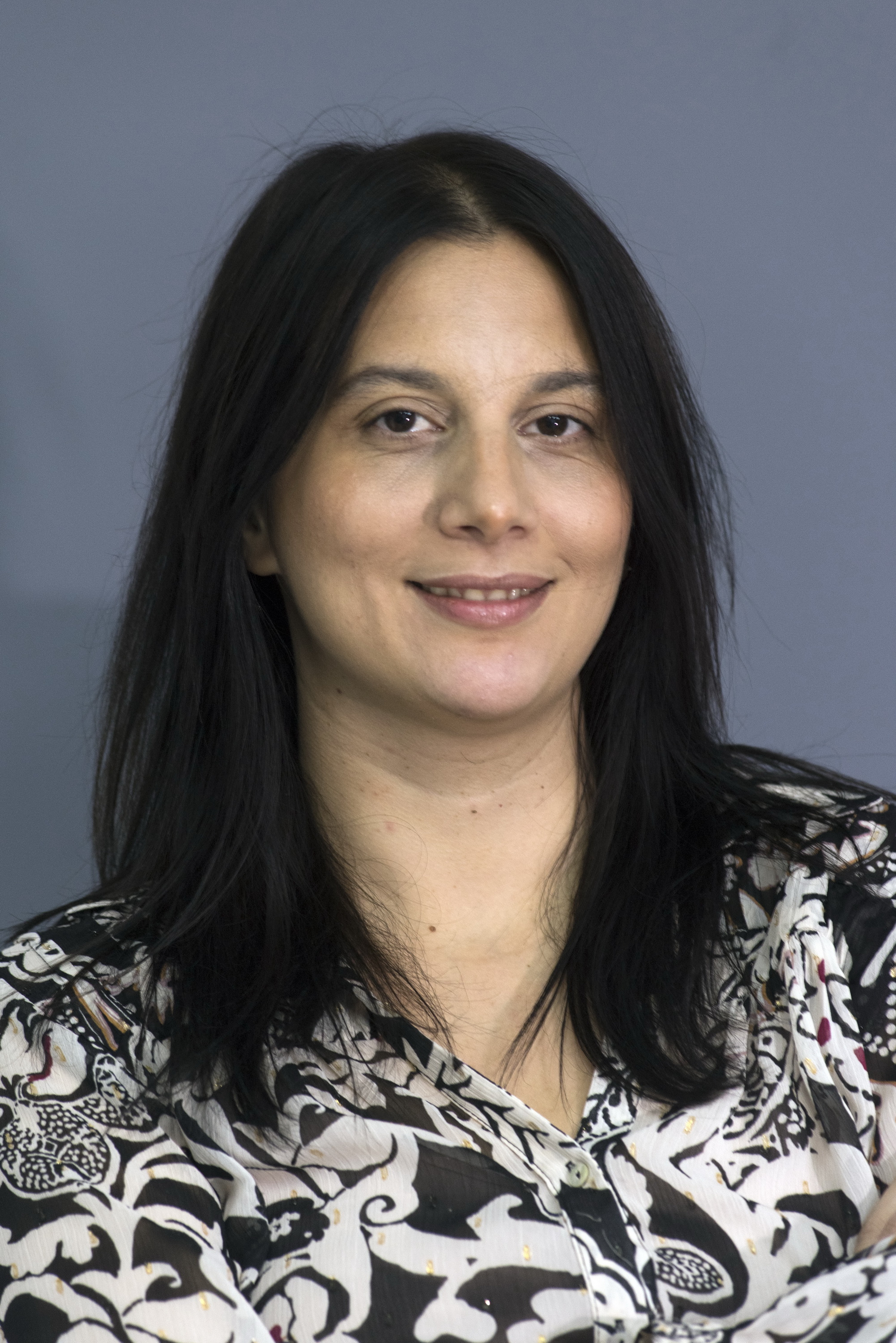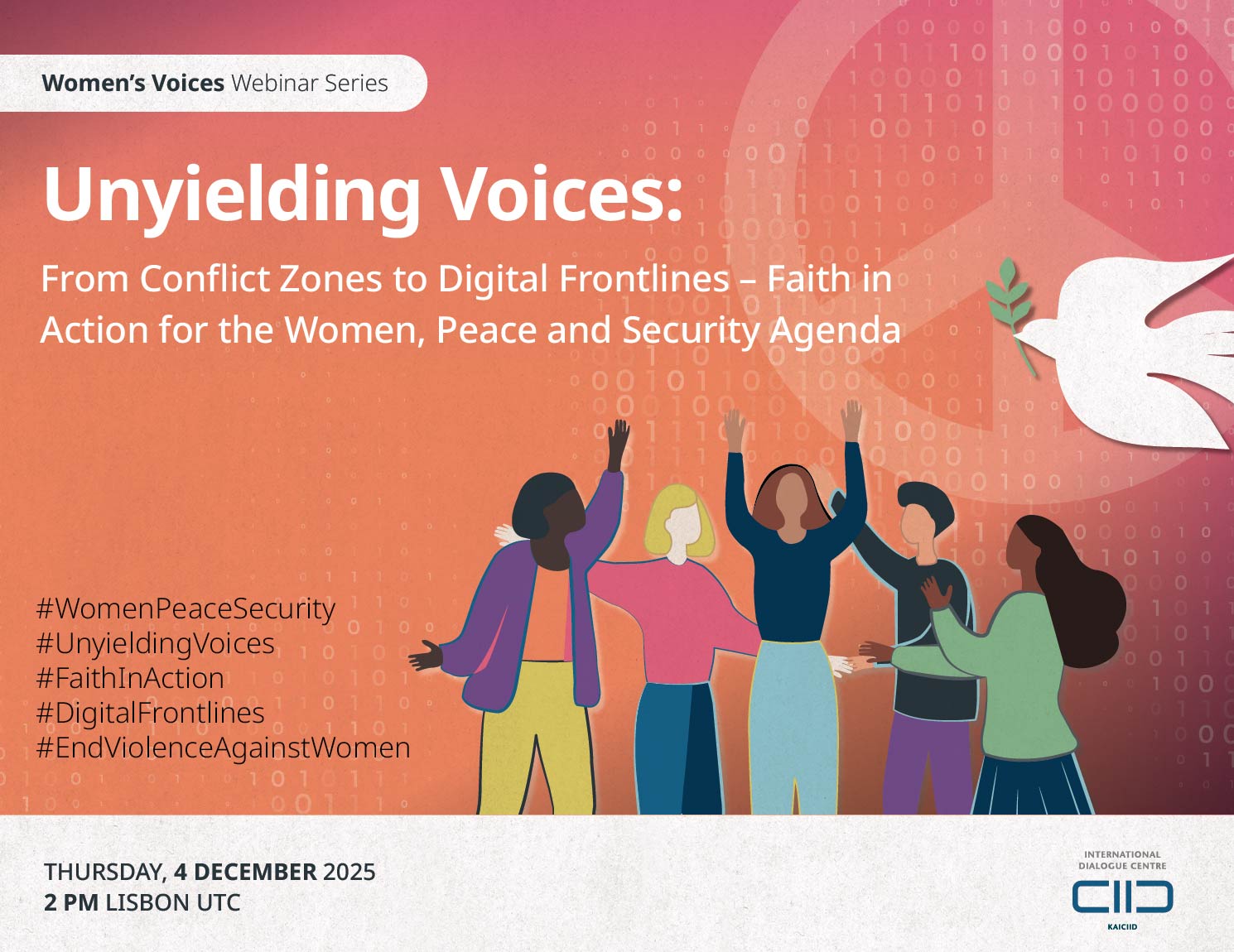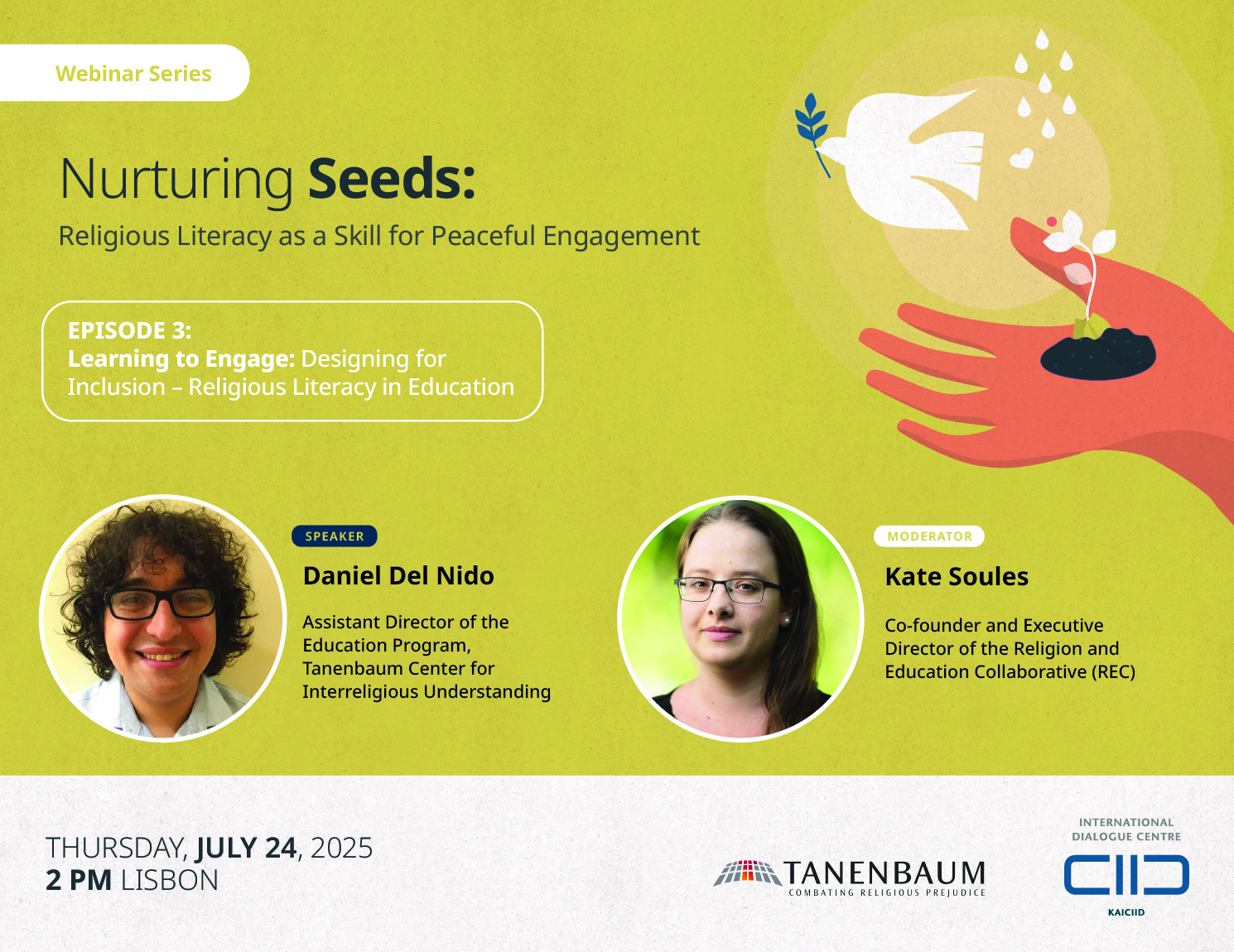Jelena Jorgačević Kisić, KAICIID Fellow, is the Deputy Editor-in-Chief of the Belgrade weekly Vreme. She publishes articles in various domestic and international media, and her work has received several national journalism awards. Since 2022, she has served as the Vice-Chair of the International Association of Religion Journalists (IARJ).
She graduated from the Faculty of Political Sciences in Belgrade, Serbia, where she also obtained a master’s degree in Theory of Culture. She later earned a master’s degree in Religious Studies at the University of Erfurt in Germany. Currently, she is pursuing a PhD at the University of Regensburg.
Most recently, she published the book We Were Given Each Other to Do Good: Nine Conversations About Ourselves and All of Us, which features conversations with eminent religious representatives from the former Yugoslavia.
She has organized, moderated, and participated in various roundtables, conferences, and training sessions aimed at bringing together religious leaders, youth, scholars, and media practitioners from the region to encourage dialogue about their mutual relationships, societal roles, and attitudes toward common values, as well as to foster collaboration on important social issues, including confronting the past, media freedom, and reconciliation processes.

